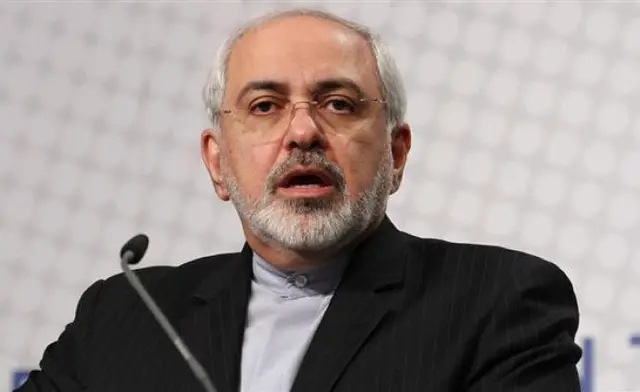"We hope that President Moon Jae-in can leave a legacy that would last over generations by leading the way in opening a new era of unification," said the sister of Democratic People’s Republic of Korea (DPRK) leader Kim Jong Un, encouraging the Republic of Korea (ROK) president to take bold moves with the political thaw with the North.
Kim Yo Jong’s comments were made as Moon received a personal letter from Kim requesting a summit meeting sometime in 2018. Is the dawn of a new era of close political engagement between the rivals breaking on the Korean Peninsula?
The intention of the North is clear. With the recent charm offensive, including a 140-member orchestra, 200-strong cheer squad, the most senior delegation to the South, Pyongyang is obviously sincerely looking at a detente with the South.
It’s soundly logical for Pyongyang to re-launch its ties with the South, as a close engagement with its more prosperous neighbor is likely to mitigate the economic difficulties and break the country’s international isolation.
(From L) ROK President Moon Jae-in, IOC President Thomas Bach, DPRK ceremonial head of state Kim Yong Nam and DPRK leader Kim Jong Un's sister Kim Yo Jong (R) attend the women's preliminary round ice hockey match during the PyeongChang 2018 Winter Olympic Games on February 10, 2018.
The DPRK may even, if it can successfully bring the South onto its side, put the US under pressure to engage with Pyongyang, despite its “maximum pressure” policy. The ultimate goal of the North, to have the international community accept it as a de facto nuclear power, is not unthinkable either.
What’s in it for the ROK?
A long-lasting legacy, or Nobel peace prize, is indeed tantalizing for the ROK, if it can truly engineer a fundamental shift to rule out military action by Washington and limit the nuclear ambitions of Pyongyang.
Putting that dream aside for a minute, the ROK, unlike the US, is embarking on a road of peaceful talks and engagement to resolve the stand-off on the Korean Peninsula. Not only symbolic, a direct exchange of ideas during dialogue may lead to a higher level of negotiation on substantial matters – notably the freezing or dialing back of the nuclear program in the North in exchange for the removal of threat from the US.
The engagement with the North by dint of the PyeongChang Olympics has somewhat eased the tension on the Korean Peninsula. The fear manufactured by talk of a possible “bloody nose” military strike by Washington has been at least temporarily reduced.
The bottom line for the ROK is to avoid a war, which would cause huge numbers of casualties and immense damage to Seoul. Engaging with the DPRK helps deescalate the confrontation in the region.
But, will the US greenlight the efforts by Seoul in pursuing a rapprochement with its northern cousin?
US Vice President Mike Pence made no effort to hide his displeasure with the recent developments between the South and the North, by skipping a dinner hosted by Moon, and refusing to shake hands with senior officials from Pyongyang, including Kim Yo Jong.
US Vice President Mike Pence and ROK President Moon Jae-in attend a short track speed skating event at the PyeongChang 2018 Winter Olympics on February 10, 2018.
Instead, Pence met defectors from the North. He brought along with him Fred Warmbier, the father of the young American who died after his release by Pyongyang. He talked about more sanctions against the DPRK.
The message from Pence is also clear cut. The US won’t get involved in talks with the North without it committing to denuclearization. The US sticks to its policy of isolation with maximum pressure on the North, a sharp contrast to Moon Jae-in’s warm response to the overture from Kim Jong Un.
The ball seems now to be in the court of the US. With the encouraging inter-Korean exchanges, will the US go ahead with a military exercise right after the Olympic Games, if Seoul suggested otherwise for the sake of keeping alive the rapprochement?
President Moon has received an invitation from Kim Jong Un to visit Pyongyang sometime this year. He hasn’t made it clear whether or when he’d go to Pyongyang, but he has urged the US and the North to quickly resume dialogue.
Will Washington overrule Moon in any planned summit with Kim Jong Un? Will the current warmth between the DPRK and the ROK be short-lived or lead to a real decrease of tension?
It seems whether the new era of engagement on the Korean Peninsula arriving or not now rests mostly upon the US.
(CGTN)
 简体中文
简体中文

